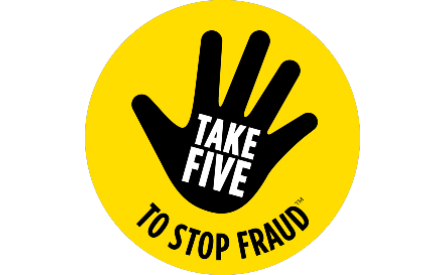- Fraudulent emails may appear to come from senior people, such as the CEO or Finance Director within your business, requesting urgent payment.
- Fraudsters pretend to be a genuine employee and tell you their personal bank details have changed. The communication will ask you to make all future salary payments to a new fraudulent account.
- Fraudsters may also pretend to be clients, employees and supply chain partners.
- There are several ways for attackers to get access to a legitimate mailbox, so they can send these fake emails. Tactics include a password spray, an attack that attempts to access many accounts with a few commonly used passwords, or the use of malware and phishing.
- Successful attacks allow fraudsters to intercept emails between two parties by accessing the company’s account or impersonating a client or other firm.
- The purpose of these scams is to look as if they come from a genuine sender. When the customer pays the invoice, the money goes straight to the fraudster’s account. Common examples of this scam:
- A fake invoice from a supplier asking for payment
- An email connected to a sale of a property, which requests the proceeds of sales funds to be paid to a ‘new’ account.
- An email from an executive asking an employee to make an urgent payment.
- An email from an employee asking for their salary to be paid to a ‘new’ account.
- A fake invoice from a supplier asking for payment
Overlay
What are compromised email scams?

Take Five to stop fraud
Take Five is a national campaign that offers straight-forward and impartial advice to help everyone protect themselves from preventable financial fraud. This includes email deception and phone-based scams as well as online fraud – particularly where criminals impersonate trusted organisations.
